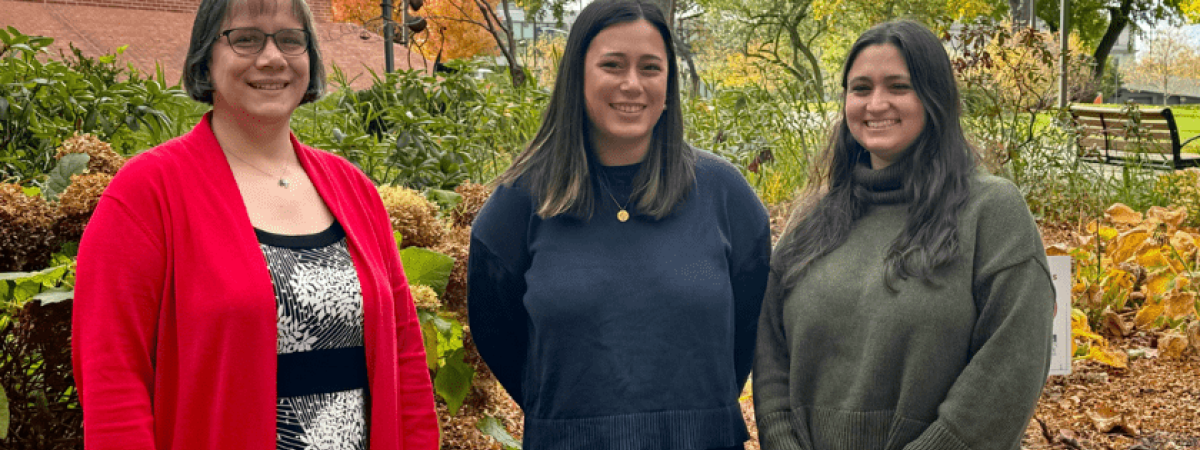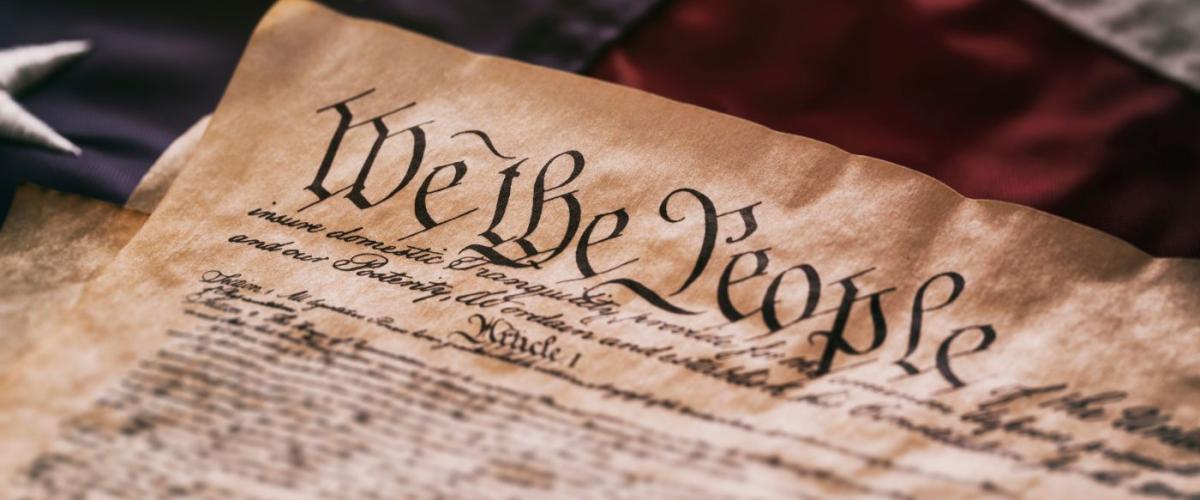The Association of American Law Schools Pro Bono Honor Roll acknowledges and highlights the pro bono work of individuals engaging in, expanding and/or supporting their law school community in providing pro bono legal services.
For the purposes of this award, pro bono is defined as work that is primarily legal in nature, supervised by a licensed attorney (for law students), not for pay or academic credit and of service to underserved individuals, groups or those with barriers to access to justice.
This year, CWRU School of Law had three individuals recognized.
Lauren Beninger
Beninger (LAW ‘23) was a law student in the Human Trafficking Clinic during her 3L year. During her time in the clinic, she organized two different Gender Marker and Name Change Clinics, hosting 34 attendees who were able to complete the process of getting their gender marker and/or name changed. Additionally, Beninger was able to help survivors of human trafficking expunge criminal records they obtained while being trafficked.
“The Kramer Law Clinic at Case Western Reserve School of Law provides opportunities for students to explore how to become an advocate for those who may not be able to afford legal services,” Beninger says. “Being able to collaborate with other students under the supervision of attorneys in the clinic, and take advantage of those opportunities to give a voice to clients in the community, was one of the best parts of my education at CWRU.”
SaraJean Petite
Petite (LAW ‘18) is a reference librarian at the Judge Ben C. Green Law Library. She obtained her law license with the goal of doing pro bono work for low-income individuals in the Cleveland area. She drafts wills and assists pro se expungement clients for Legal Aid Society of Cleveland, and is currently working on her first asylum cases for Catholic Charities of Cleveland Migration and Refugee Services.
“Low-income people, particularly those who are racial minorities, are at a disadvantage in our legal system because of the shortage of pro bono attorneys,” Petite says. “I can’t sit and watch if there’s something I can do to help these people. And, I am finding it particularly satisfying to use my CWRU legal education to fight international human rights abuses by representing asylum clients from parts of the world where women (like me) are forbidden to get an education.”
Jessica Edelstein
Edelstein supervises 3L students in the health law clinic. One of her key objectives is organizing a Basic Wills pop up clinic in which 1Ls and 3Ls spend the day helping low income members of the community fill out essential end of life and health care forms such as basic wills, health care powers of attorney, living wills and more. These community members often do not have the resources to be able to afford an attorney to help with these documents and will usually go without essential documents that make navigating end of life and medical issues much less complicated for them and their families. They are able to leave their appointment with all of these documents completed and in-hand.
“The kind words and thanks we have gotten from the clients that come to these pop up clinics, along with the great experience the students get, is so fulfilling for both the students and me.” Edelstein said.





